

The practice of trading in games is so common that is impacts how consoles are developed. When Microsoft announced a plan that would effectively end the practice on the Xbox One, for example, gamers were so opposed that the company had no choice but to back down. Millions of people trade millions of games and for many stores, like U.S. retailer Gamestop, it’s the backbone of the business.
But does trading in a game really make sense for you and your wallet? Or are you leaving money on the table by handing your used games over to a retailer? Let’s take a closer look to find out.
To look at this topic objectively I need to round up some games that I’m hypothetically trading in and see what value we receive for them. For this I’ve selected the five best-selling Xbox/PS3 games of 2013.
They are, in order from most to least popular, Grand Theft Auto V, Call of Duty: Ghosts, Madden NFL 25, Battlefield 4 and Assassin’s Creed IV: Black Flag. To keep things equal I’m using the Xbox 360 version of each game for this comparison.
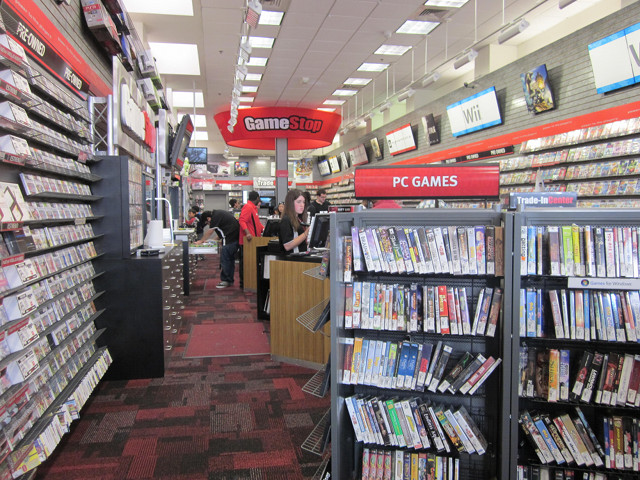
Gamestop is the most popular game retailer in the United States and, for many people, the go-to for trading games. They stock a ton of titles and offer some pretty good values at certain times. They don’t offer values on their website, so I called a local store and received the following numbers. All quotes are valid towards store credit.
There’s more to this than simple addition, however. Gamestop has a $14.95 per year memebership which gives you 10% more on trades and a 10% discount on used game purchases. With this included the total would be $78.10.
Also, Gamestop provides a 30% trade in value bonus if you trade towards the value of a pre-order. That would increase the value to $92.30.
Finally, these bonuses stack. Together they put the trade-in value at $99.40.
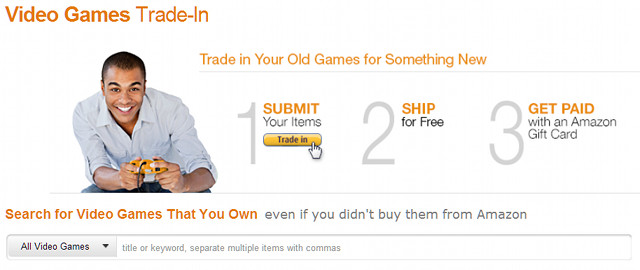
Amazon has a very convenient trade-in process that includes free pre-paid shipping to Amazon. Customers are paid in the form of Amazon Gift Cards. Here are the values currently listed for each game. Values are in U.S. dollars.
Ouch. Here we have five extremely popular games which are valued together at barely a third of a new game’s full retail price. As you can see, the value of some games is laughably low. This is apparently a supply-and-demand issue. The PlayStation 3 version of GTA V, for example, is $17.36.
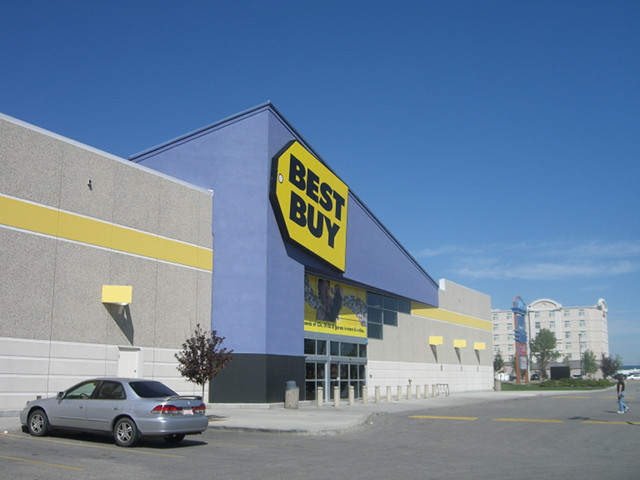
Big-box store Best Buy is a relative newcomer to the trade-in market but has been pursuing the idea vigorously. Trade-ins are accepted in-store or online, and there’s usually an entire row dedicated to used games. The values I’m listing below are for the online trade-in program and are valid towards a Best Buy gift card.
The quoted values at Best Buy beat even Gamestop, providing a total of $5 more. However, you’d receive more from Gamestop if you became a member and if you traded in towards a pre-order. Best Buy does not offer an equivalent program, though there’s a store-wide rewards card that provides points for purchases.
The total new value of the games is about $300, while the best trade-in value offers almost $100 back. In most cases, though, you’ll receive closer to $75. That’s a quarter of the original $300 value.
The new value of these five titles is, at the time this article was published, $230, so trading in the games provides a little over 30% of their current new value.
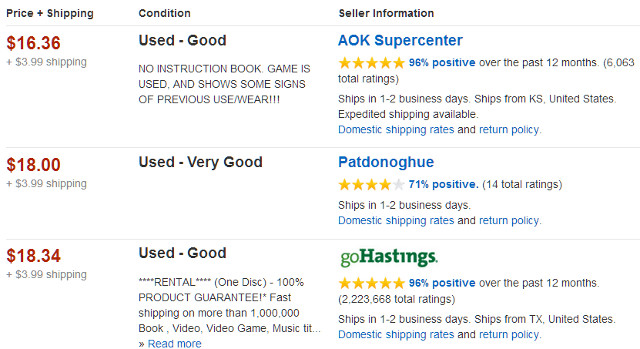
That may not sound great, but what happens if you sell the games yourself? To find out I looked up the current lowest used price for each game on Amazon.com. I ignored online sellers who make a business of used games and only selected prices from listings put up by individuals.
This is obviously a better deal overall. You’ll receive about 33% of the original new value and 43% of the current new value. On the other hand, we’re talking about a difference of around $25 compared to trading in – a notable amount, but the gap’s not huge.
There’s also the issue of time and money spent selling the games. Amazon takes a cut, and so will other online stores like Ebay. I’ve sold a lot of games on Amazon and, in my experience, I end up losing about 10 to 15% of the sell value once the cost of shipping materials, postage and Amazon’s cut is subtracted. If we stick on the conservative end of this estimate the cash value from selling is reduced to $93.15.
You may be able to work towards more money over time. I’ve noticed I can sell at a decent mark-up over the lowest prices, probably because I have a lot of positive feedback on Amazon from selling games frequently. However, this takes a commitment to customer service. I’ve twice had games returned to me because the customer said they were not expected, and that really hurts my cut because I have to re-list and pay for shipping all over again.
Another option is to list on Craigslist or some other local venue, which avoids giving a cut to a store, but you’ll spend more time posting the listing, talking with buyers, and potentially meeting them somewhere to make an exchange. And, if you live outside an urban area, you may find going local to be a complete non-option.
The independent game store is a wild card in this equation. One-off retailers and small chains exist all over the world, and they are rumored to provide a better value.
Speaking from personal experience, however, I don’t always find this to be the case. I frequently visit three different small shops in Portland, Oregon. The first, which is closest to me, offers good trade-in values, but also sells most used titles for more than their new price on Amazon. They offer half value on cash transactions and half value towards a new or pre-order purchase. I’ve abandoned the place because, frankly, it’s a rip-off.
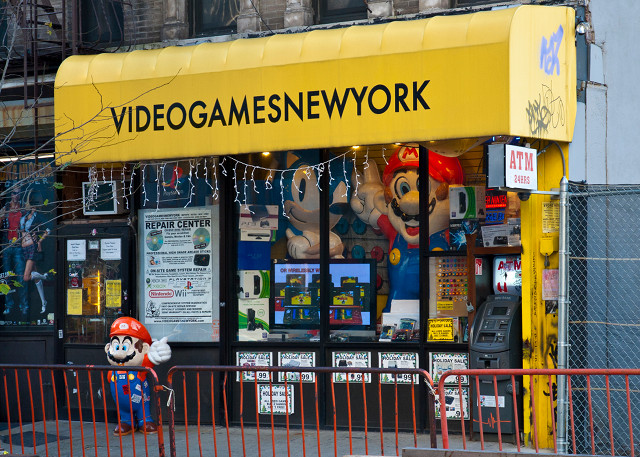
The second provides good trade-in value and good used pricing, but has poor selection crammed in a small space. And the third is incredibly unpredictable, at times offering great value, and other times providing just $15 for almost brand-new, popular games.
I’ve grown a bit frustrated with the scene. Calling around can take dreadfully long due to the poor customer service that’s epidemic in the video game retail industry, and the extra value from my trade-in – if there’s any at all – seems hardly worth the effort. Worse, as mentioned, some indie stores have atrocious store policies concerning cash value trades or trading for new games.
There’s no real surprise here. You will receive more money if you sell the games yourself – unless you have a lapse of sanity and post everything for a buck. Trade-in programs are run by retailers, and they have to make money too.
However, the money lost from trading in is not as much as you’d expect. Let’s say, for example, that you bought five popular titles, and then got rid of them a few months later, for five years. If you went to Gamestop you’d end up “losing” about $125 compared to selling on Amazon (if you did not participate in any special offers). And this, again, does not count the cut taken by Amazon and the time and hassle of shipping the games, responding to customers, and dealing with possible returns.
For many people – even broke gamers – $125 over the course of five years is nothing to lose sleep over. Trading games to a retailer typically takes five to ten minutes and provides immediately usable credit for other titles. Put simply, it’s convenient, and the price paid for the convenience is not extraordinary.
What do you think? Would you rather avoid the hassle and trade in, or do you count your pennies and sell the games yourself?
Image Credit: Wikimedia/Brokensphere, Wikimedia/Myke2020, Wikimedia/Evan-Amos, Flickr/Rob DiCaterino
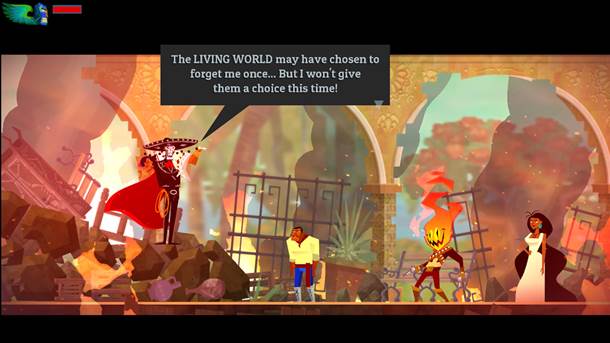
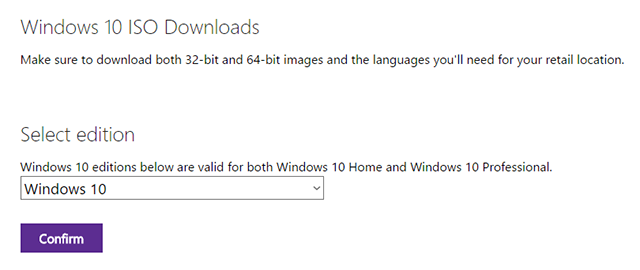


 The Ultimate Snowdown Skin Gifting Guide
The Ultimate Snowdown Skin Gifting Guide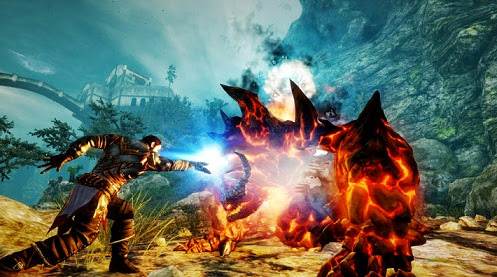 Skill Trainers / Locations in Risen 3 - Titan Lords (PC)
Skill Trainers / Locations in Risen 3 - Titan Lords (PC)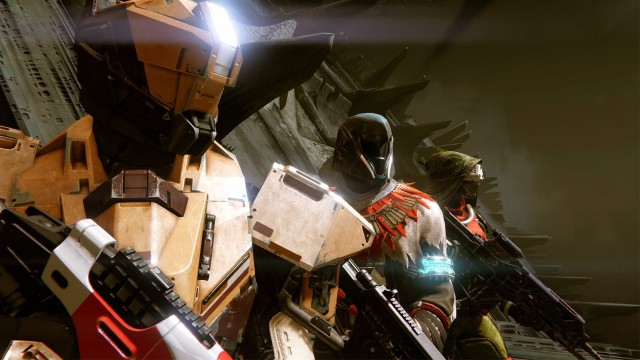 Destiny Patch 2.0: Full List Of New Exotic Weapons, Exotic Armor, Ships and Shaders
Destiny Patch 2.0: Full List Of New Exotic Weapons, Exotic Armor, Ships and Shaders Mortal Kombat X Guide: How To Unlock All Fatalities and Brutalities
Mortal Kombat X Guide: How To Unlock All Fatalities and Brutalities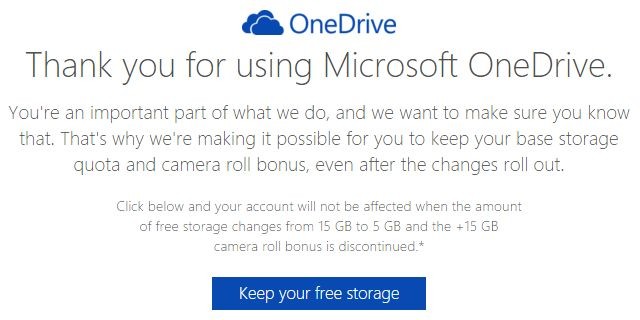 Brace Yourself for the Windows News of 2016
Brace Yourself for the Windows News of 2016